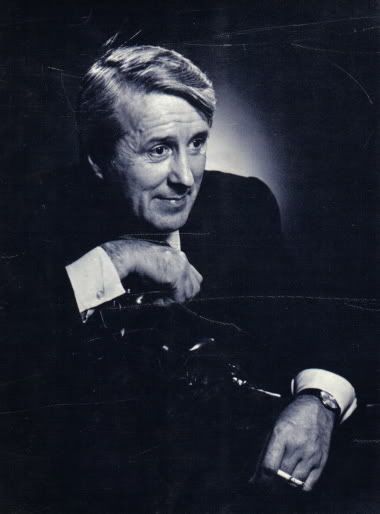
The other day, I was thumbing through my copy of Dr. Malachi Martin's 1974 book called The New Castle: Reaching for the Ultimate. He has the talent of stating things well, or being what I would call a wordsmith. In this book, the "castle" is a metaphor for the times and places in which humanity experienced a clear vision of the human ideal, an equalibrium shaped and given meaning by the spirit. Each one was very different. As he put it:
So new was the landscape of each new Castle vision that its only portent was a deep and nearly universal yearning, a sense of dislocation between that which was and that which is about to be. In each case, some imageless force gripped men and women, thrusting them beyond all reason and memory and image, far outside any plan predictable from or incalculated by the past.
With each new castle, there is a demolition which precedes it. This is how Martin characterizes the decline of Western culture.
Love is defined in terms of sexuality, rather than sexuality in terms of love. Morality is defined within the terms of legal justice, rather than legal justice in terms of morality. Life and afterlife are judged by physical death, rather than physical death by life and afterlife. Humanness is defined in terms of psychological acts and sense-experience; yet, they only derive their meaning from humanness. Male and female are distinguished by the genitalia or, if we are sophisticated, by hormones; but merely to distinguish by chemistry and physical forms is not to give meaning.
But all this quantitative thrashing about does not help us. We silence the instincts of the self. We unknow a primary knowledge. So the self signals its survival by inducing a pain in our minds and a malaise in our wills. We become highly toxic, always liable to fear and mistrust, never far from anger and anxiety. We are rarely confident practitioners in the business of living. At some point, things seem to go out of control; and we slither without warning into a slow descent toward old age and mystifying death. For we have accepted an inner mythology which has measurable dimensions but no transcendent, and presents no ultimate mysteries as windows to the limitlessness beyond the limits of measure. We are given only puzzles to solve; a world of facts glued together by the "consciousness" of "knowing," "informed" people.
In spite of all his later doom-and-gloom sensationalistic tendencies, Martin had always been an optimist at heart. He is conscious of the fact that there is Another who holds human destiny in the palm of his hand. If the cultural decline we experience today is a natural demolition project, that is only because the ground is being cleared for a new Castle to take its place--a Castle not of our own making. As Martin puts it at the close of his book:
Such salvation comes to us humans only from what is more than human. If we, men and women, were to aim at fashioning a humanly transcendent Castle, it is guaranteed by that very fact not to be transcendent. And the peculiar destiny of humankind is that only by the greater than human can it be human successfully. This is why the form and face of the new Castle will remain unknown to us after all our guesses and all our analyses of past Castle visions. No child can outline the face of its mother while lying in her womb. The new Castle will not be a man-devised combination of systems already known to us; nor will it include a sort of universal religion put together by human hands from bits and parts of past religions and voted into existence by a sum of ayes and noes.
In our desire for the Castle, we cannot perceive what we desire. Nor need we. What we can do is to respond to spirit, not because we are persuaded by logic and not because we conduct successful and conclusive experiments, but because free response to love is the only action typical of the human person. Our material world thus becomes a human universe in which we have been loved all along by a love we never recognized.


No comments:
Post a Comment